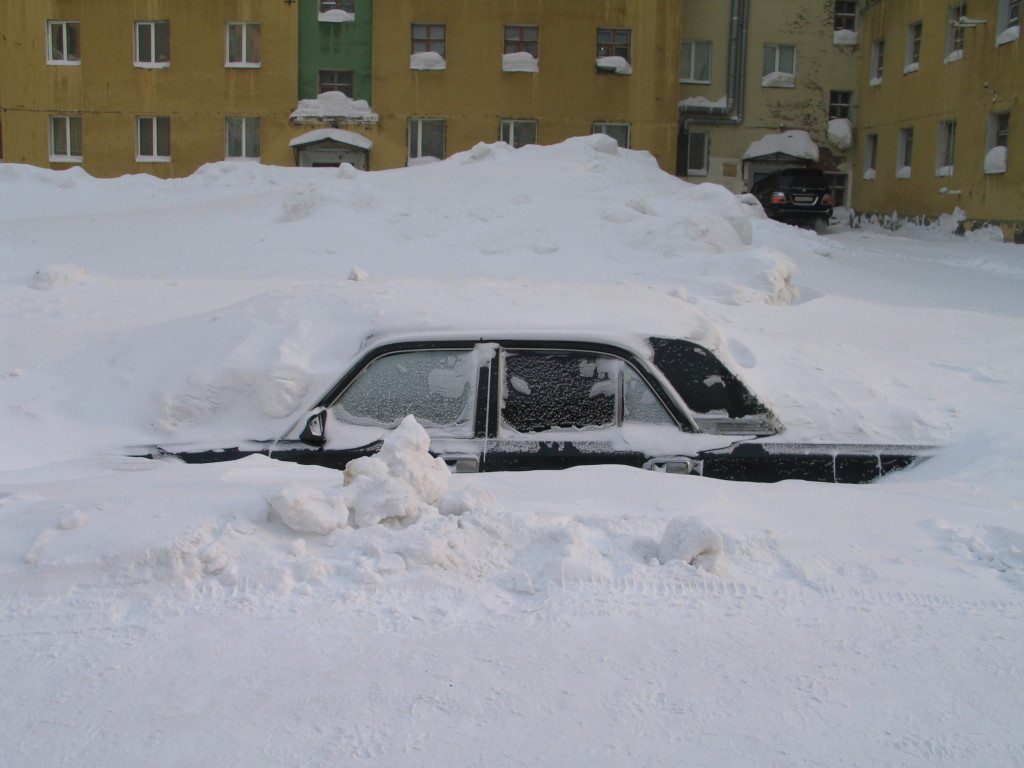Why would we post a blog on winter car tips if Louisiana is known for its extreme hot summer and mild to temperate winters? Truth is, many of us travel up North to visit family and friends, and soon discover cold weather actually exists. Not only will our cars suffer dearly if we don’t care for them, it could also save our lives. Many places in Louisiana do experience below freezing temperatures, which is when our car needs help the most. Let’s take a look at what to do to get ready for winter.
Plan Maintenance Ahead
Although this is true for any season, those of us who travel know being stranded during winter is a terrible idea, even a dangerous one. Belts, hoses, water pumps and spark plugs are particularly susceptible to failure during winter, so make sure you have all maintenance and repair done before your winter trip. Your local dealership offers multi-point inspections and will make the best recommendations after a diagnostic.
Keep Your Car Winter Clean
During fall and winter trees will cover our cars with leaves, twigs, sticks, and just about anything wind and rain will bring down. While we all appreciate the falling foliage, your vehicle doesn’t. Clear your car from these debris as they can clog up areas where water or air are supposed to flow. Also, meticulously clean headlamps and tail lights in case weather gets nasty.
Tires and Tire Pressure
While you most likely won’t be driving on the snow, if you do or plan on doing it during your trip, get your self a set of snow tires. They will make all the difference when it comes to traction and stability. However, if you’re staying on regular roads, be sure to check your tire pressure regularly, as it tends to vary with temperature changes. If your car is a 2008 model or newer, it comes equipped with a tire pressure monitor readily available on your dashboard. If not, you’ll have to manually monitor tire pressure with a gauge.
Cooling System/Antifreeze
If you follow a regular scheduled car maintenance, you shouldn’t worry much about it, as your mechanic will know when is time to use it. However, if you’re traveling in much colder weather, you’ll need to increase the antifreeze to water ratio. Most brands recommend a minimum mix of 50/50 and a maximum of 70 antifreeze/30 water. Antifreeze keeps water used by the radiator from freezing, which would cause some serious problems.
Other things to consider are to check your battery charge, as batteries tend to act funny during winter. Also, inspect your wiper blades and rear and front de-frosting systems, as fog and condensation will become a problem.



